Cinderford Railway Station was built on a recreation ground off Valley Road, which had previously hosted Cinderford’s annual fair. The GWR station opened on 2nd July 1900. It was a terminus and trains ran from Lydney via Serridge Junction. The Railway Hotel, directly opposite the station, was built at the same time by the Forest Brewery to cater for the needs of passengers and users of the railway. The annual rateable value of the Railway Hotel in 1903 was £35.0s.0d. It was classified as an ale house and closed at 11 pm.
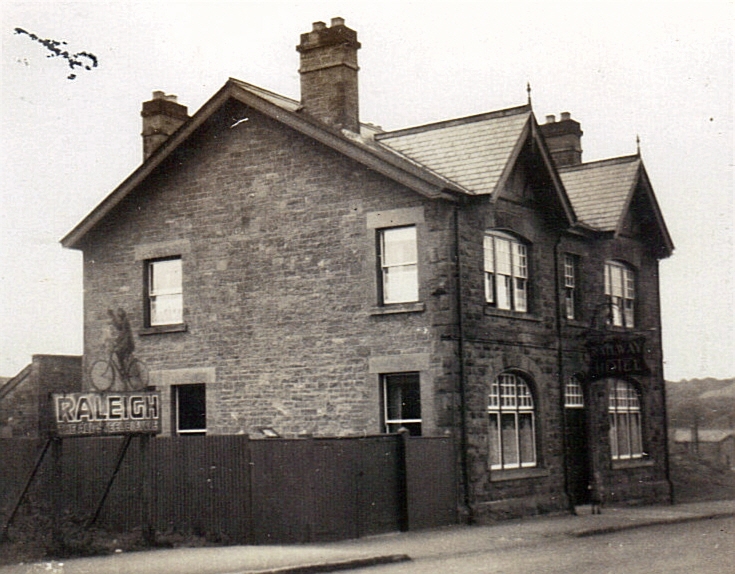
When Francis Wintle’s Mitcheldean Forest Brewery put their pubs up for sale in 1923, the Railway Hotel was one of the most prestigious pubs in their tied estate. It was described as a modern stone built premises outside the Station, ‘placed to command a large and independent trade.’ On the ground floor there was a ‘serving bar, private bar, smoke room, commercial room, kitchen, larder, wash-house and store room.’ Upstairs were five bedrooms and a further bedroom, bathroom and lavatory on a half-landing. The Railway Hotel had a cellar in which to keep beer and to the rear there was an ‘excellent yard approached by a pair of folding gates, W.C., urinal and a small plot of land.’
Passenger services were withdrawn from the Cinderford branch in November 1958. The station remained in use as a goods depot until August 1967. Inevitably a great deal of trade was lost at the Railway Hotel when the railway station closed down. The GWR station has long been demolished.
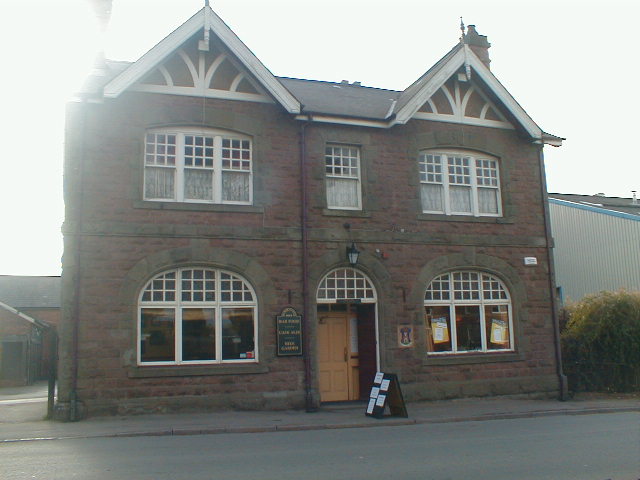
The Railway Hotel was a Whitbread pub in the 1970’s and 1980’s. The fifth edition of CAMRA’s ‘Real Ale in Gloucestershire’, published in 1980, described the Railway as a ‘friendly two bar pub opposite the site of Cinderford Station.’ Whitbread PA and Bitter were available on hand pump and Traditional Bulmers Cider was served direct from the barrel (a plastic one!).
The May Bank Holiday of 1988 saw a team of bricklayers and a team of plasterers, customers of the Railway Hotel, competing against one another in a special obstacle course laid out at the rear of the old Lister’s premises. The course included plank walking, climbing frames, nets, hoops and weight-lifting. At the end of the course, all customers had to consume a gallon of beer. This was all done for a very good cause in aid of the Great Ormond Street Children’s Hospital. The brickies won.
In the late 1990’s the old Railway Hotel had been transformed to a trendy young-persons venue called Trax – no doubt intended as a play on words referring to the proximity of the old railway tracks and the music tracks being played at the venue. The venture was short lived and by the middle of the decade owners Punch Taverns had renamed the pub as the more traditional Railway Tavern.
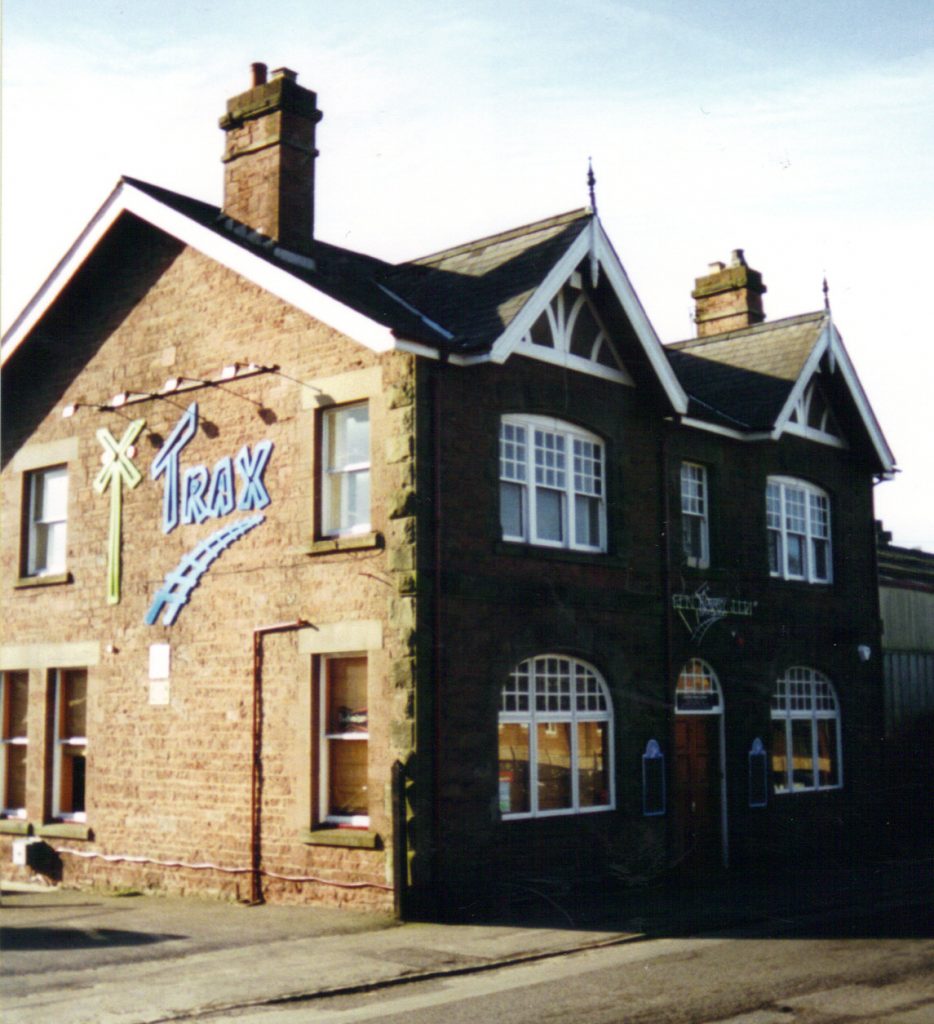
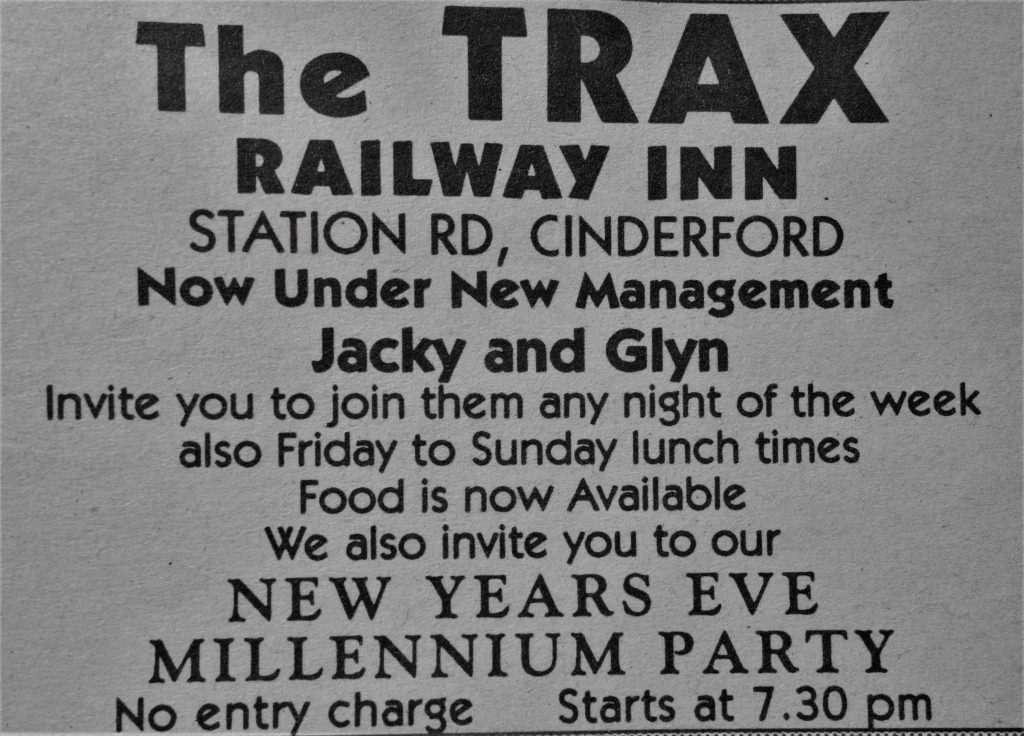
In the summer of 2007 the Railway Tavern had closed and planning application had been submitted for change of use. A revised scheme was received in July 2008 for the ‘conversion and extension to the former Railway Tavern to create ten apartments’.
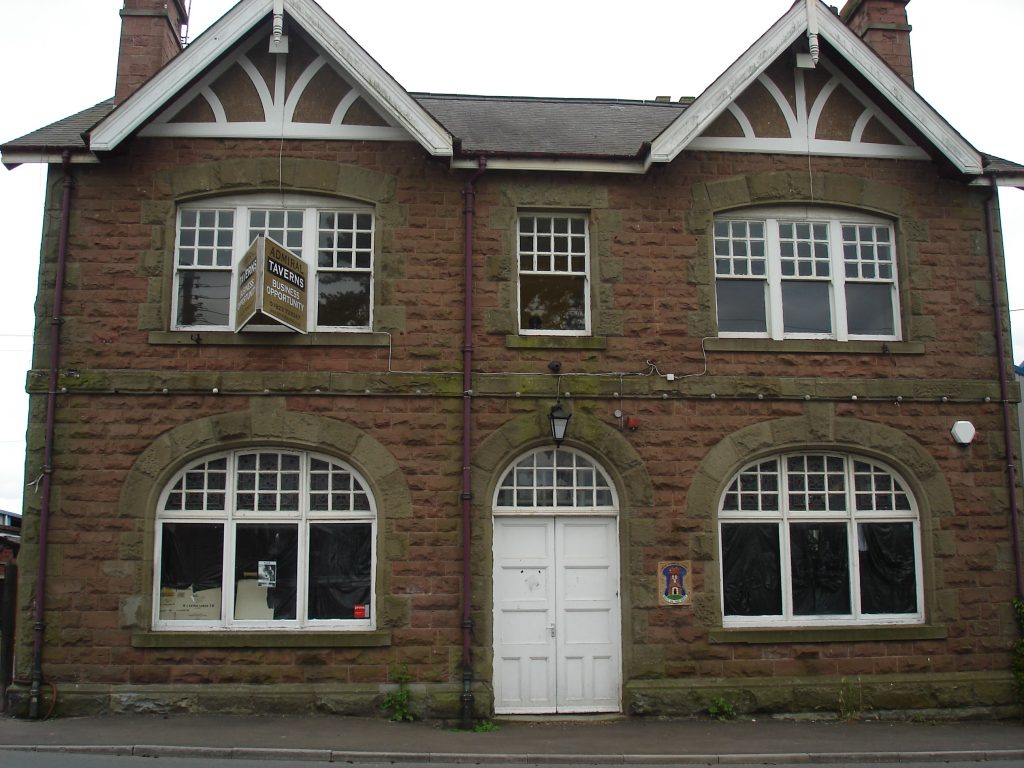
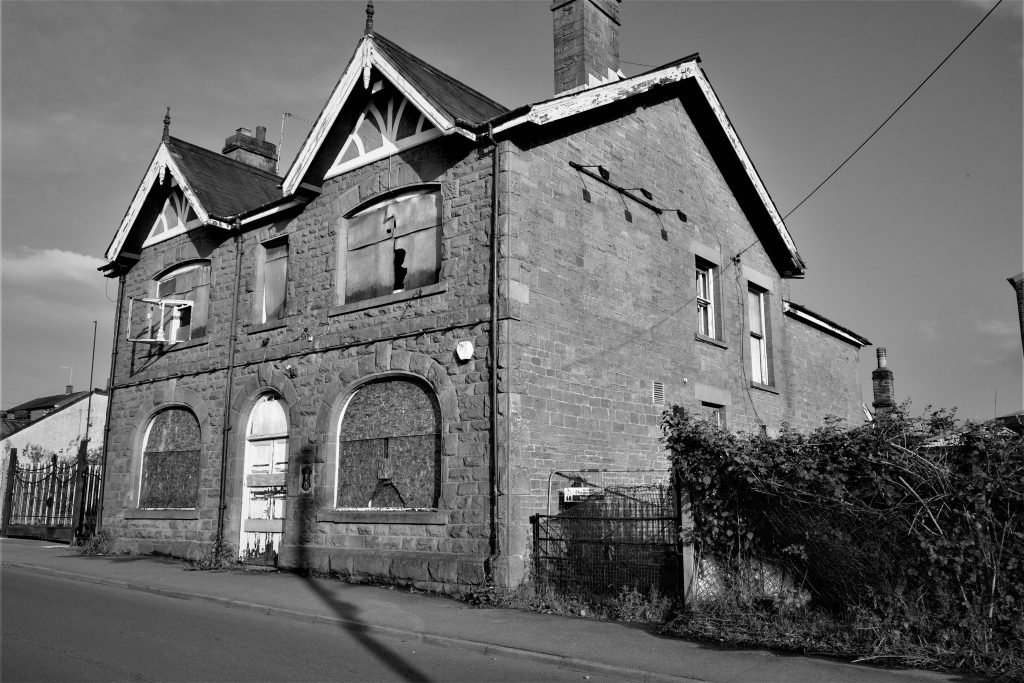
The former Railway Hotel was boarded up and made a sorry sight. It was left abandoned and unloved for over a decade and was targeted by arsonists and suffered from vandalism. Yet remarkably the good condition West Country Ales – Best in the West ceramic plaque escaped from the vandals attention.

After several false promises and starts the renovation of the old Railway Inn into residential use finally took place in 2021, and now is a smart looking building once again. The developers must be praised for not taking the easy option and demolishing the old Railway Hotel.
Landlords at the Railway Hotel include:
1902,1906 Samuel Meredith (see the Turks Head)
1919 Mrs Edith Herbert
1923 Isaac Herbert
1927 Ernest Hy. Pritchard
1997 David William Thomas
1999,2000 Jacky and Glyn ? (Trax)

